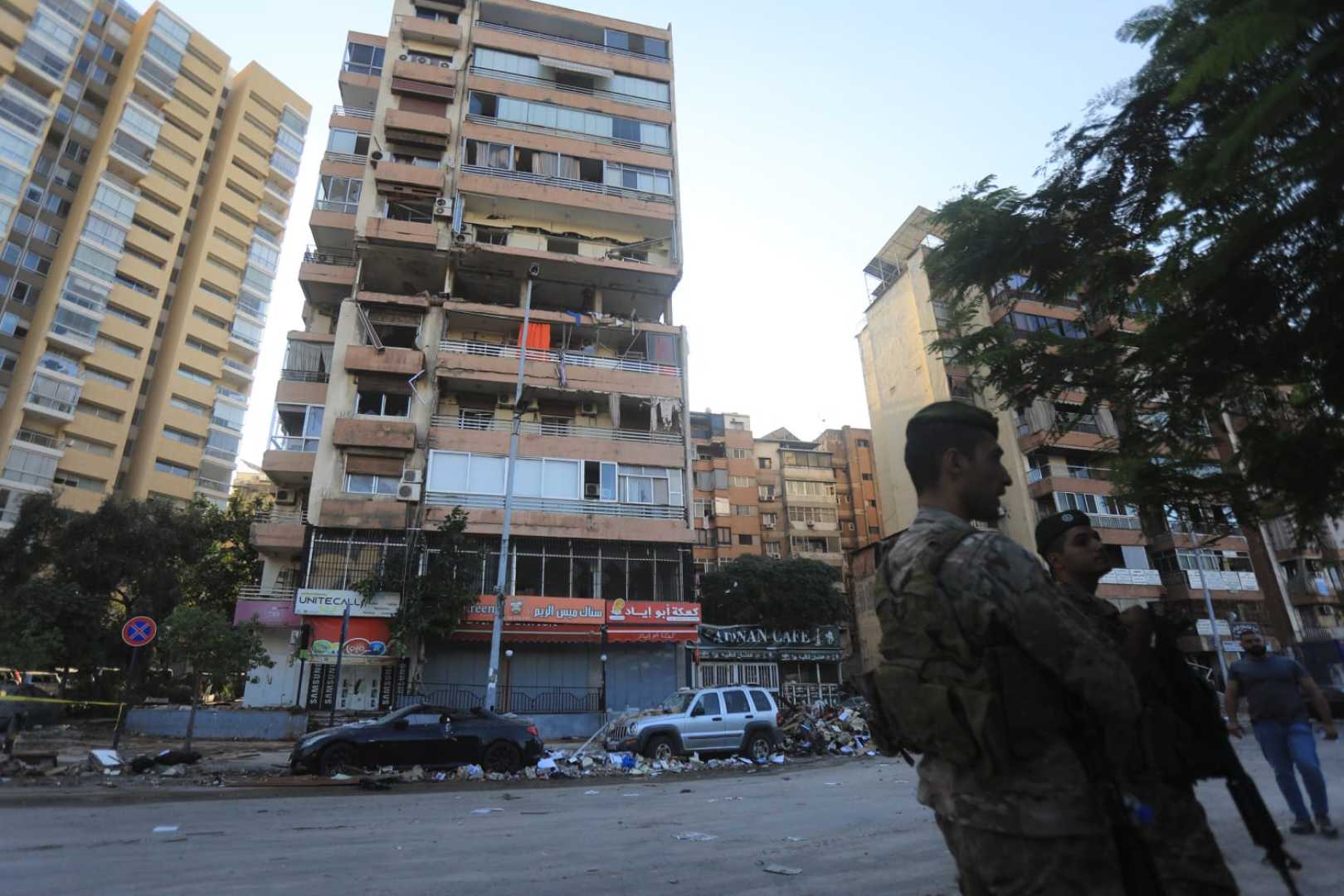World
Israeli Airstrikes Intensify on Beirut Amidst Ongoing Conflict with Hezbollah

Dr. Taghrid Diab, a Lebanese gynecologist, unexpectedly found her clinic under threat due to an Israeli airstrike warning issued via social media. The warning, posted by Colonel Avichai Adraee, the Israeli Defense Forces‘ (IDF) Arabic-speaking spokesman, highlighted buildings in the Dahieh suburb of Beirut, Lebanon, as imminent targets. Dr. Diab’s daughter, upon seeing the post, alerted her mother about the proximity of the threat to her professional premises.
Dr. Diab, who ran a clinic serving numerous women across Dahieh, immediately recognized the danger. “After 30 years of work, I knew my clinic was going to be destroyed,” she recounted, grieving the impending loss. Subsequent airstrikes completely obliterated the targeted building, leaving behind a smoking crater.
The Israeli airstrikes, part of a broader assault against Hezbollah, a Lebanon-based militia group backed by Iran, reached unprecedented intensity over the past month. According to the Lebanese Ministry of Health, the recent bombardments resulted in the deaths of 23 individuals and injured 93 others. The IDF stated that these operations targeted Hezbollah’s weapons storage facilities.
Hezbollah holds significant influence within Dahieh, a densely populated area in southern Beirut. The recent escalation has seen relentless offensives, particularly following the death of the group’s leader, Hassan Nasrallah, in an Israeli strike. His successor, Hashem Safieddine, is also reportedly among the casualties, although confirmations are pending.
The fallout from these airstrikes has left many areas in ruins. Dr. Diab’s clinic, central to the local community, is now among the many destroyed establishments. “Women from all over Dahieh and beyond depend on this clinic,” Dr. Diab emphasized, lamenting the loss of crucial medical services.
Additionally, a nearby lighting shop operated by 73-year-old Shakeeb Saleh was also decimated. “It took me years to rebuild after a bomb hit my warehouse during the Israeli invasion of 1982. Now I am here again,” Saleh reflected, highlighting the recurring nature of destructive conflicts in the region.
The bombardment of Dahieh forms part of a larger military strategy by Israel to enable the return of its citizens to northern regions near the Lebanese border, previously under attack from Hezbollah rockets. The conflict, rooted in longstanding tensions, sees Israel targeting Hezbollah as a preemptive defense strategy in light of recent escalations.












